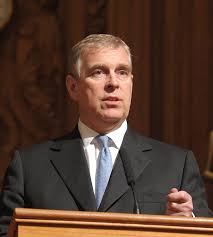An Overview of Guinea-Bissau and Its Current Situation
Introduction
Guinea-Bissau, a small, tropical country located on the west coast of Africa, has been a focal point of international interest due to its tumultuous political climate and rich natural resources. Understanding the current events in Guinea-Bissau is crucial as the country navigates through various challenges, including political instability and economic recovery efforts. As of 2023, Guinea-Bissau has garnered attention for its unique combination of natural beauty, cultural diversity, and significant issues affecting its governance and development.
Current Political Landscape
Political instability has long been a hallmark of Guinea-Bissau’s history, with numerous coups and governmental changes since its independence from Portugal in 1973. As of 2023, the country remains in a precarious situation, grappling with the aftermath of conflicts and the struggle for democratic governance. Recently, the appointment of new government officials has sparked hope for reform, with calls for unity and consensus among various political factions.
The latest elections, held in late 2022, have brought to light the need for political cohesion. While the newly elected government has promised to enhance stability and promote economic growth, the challenges remain significant. The international community, including ECOWAS and the African Union, has engaged in diplomatic talks aimed at fostering peace and encouraging a peaceful political environment.
Economic Challenges and Recovery Efforts
Despite its rich cultural heritage and resources, Guinea-Bissau ranks low on the Human Development Index and faces numerous economic challenges. The economy is heavily reliant on the production of cashew nuts, which constitutes a substantial portion of the country’s exports. However, climatic changes and global market fluctuations present ongoing obstacles for local farmers.
In recent months, international aid from countries and organisations focused on food security and agricultural development has started flowing into Guinea-Bissau. The government is currently working on policies aimed at diversifying the economy. Efforts are being made to harness the potential of tourism and fisheries sectors, which are largely untapped. Additionally, there is a push for infrastructural development to support these industries.
Conclusion
The situation in Guinea-Bissau is fluid and exhibits both challenges and opportunities. Political leaders face the task of navigating a path toward stability while addressing economic hardships that affect their populace. The involvement of international partners could play a crucial role in fostering sustainable development and peace. For the people of Guinea-Bissau, this period represents a critical juncture, with the potential for transformation depending heavily on effective governance and resilience. Observers of the region will continue to monitor how Guinea-Bissau evolves as it strives for a brighter future.








